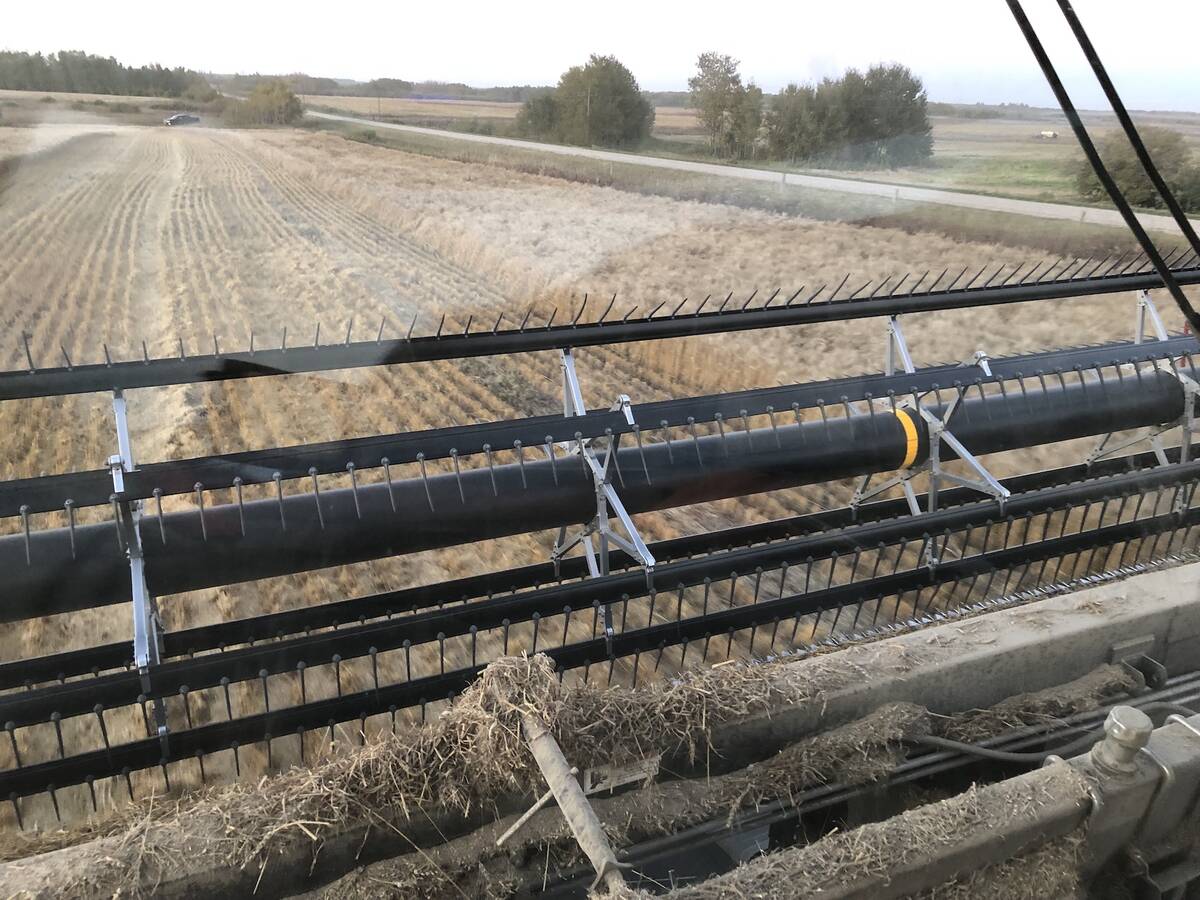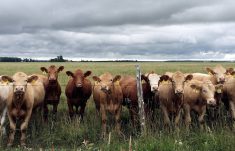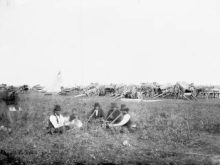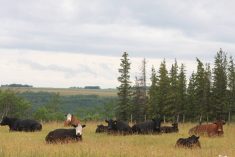What happens when a farm family is no longer a farm family?
This is a question I’ve been mulling lately, after talking with a couple of people I know whose families have decided now is the time to sell up.
It’s a reality for many of us, or will be soon enough. Just a walk around the halls at Ag Days last week demonstrated that, newly arrived young blood aside, the industry demographic still has a decidedly grey cast to it. And while the farmers I am familiar with tend to remain active, both physically and mentally, later in life, eventually we will all decide it’s time to hang up our skates.
Read Also

The poetic epic of Manitoba farming 2025
Former Manitoba Co-operator editor John Morriss returns for his yearly poetic sum up of the farming year and look ahead into 2026.
For most people, that’s still a momentous life-changing event, but the logistics of it are well understood. File for the pension with the government, stop showing up at the office every day and start drawing down the RRSPs. It may take some trial and error to figure out a new routine and identity that doesn’t revolve around work, but much of the rest remains unchanged.
Most will continue to live in the homes they’ve long occupied, their circle of friends and neighbours will be largely unchanged, and the foundation of outside interests remains to be built on.
For farm families however, this change can be far more jarring when there’s not a family member taking over the farm. We all know this instinctively, but how many of us have really stopped to think about the far-ranging impact of this transition, extending well beyond the circle of the people facing the day-to-day reality of selling the farm?
The retiring couple will, of course, feel the largest and most immediate impact. They’ll be leaving a home where they have spent much of their lives, raised their children and ushered in old age. Most will move to an urban centre where, at least initially, they’ll feel like a fish out of water. Life will suddenly seem much more tightly bounded. I recall a colleague telling me a story a few years ago about bumping into a farmer who had retired and moved into Winnipeg. They got chatting about the bitter winter and the farmer observed that he was more than a little amazed at how difficult snow clearing was on a city lot — because he kept running out of room to put it.
Along with losing their long-term home, they will have lost many other things too. Their hobbies, for example. I know a lot of farm women who are avid gardeners. I always joke they’re the only people I know who would attempt to recreate several acres of formal gardens in the middle of the Prairies, without the staff of gardeners such an endeavour usually involves. I am certain they’ll need to adjust to the prospect of limiting their efforts to a smaller yard, a balcony or perhaps even just a few houseplants.
The effect will ripple out from its epicentre. In most cases, the farm will be sold because there isn’t another generation coming along. That isn’t necessarily a bad thing. Most of the former farm kids I know now are happy and successful. They’re working in challenging, interesting and rewarding careers. They’re raising families and making their own plans for the future. I include myself in that group. Here and there some might pine to return to the farm, but most of them have moved on, are working in another field, or in the industry side of agriculture, and realize that’s not in the cards for them. Yet we still feel a connection. We return to the farm for holidays and we tell people we’re “going home.”
I love bringing my daughter home to the family farm. I love having her ride on the tractor with her grandpa, play in the garden with her grandma and just generally see and understand where her roots are dug into this earth. In a very real way, that feels like an important part of her history. It lets me explain her to herself.
I’m fortunate that this choice isn’t one my family is grappling with immediately. My brother continues to farm as my parents have stepped back. These days my dad is residual labour around the place, filling in when my brother and the hired employees need an extra set of hands. That allows them to stay in their home, and still gives the rest of the family a farm to call home.
But I recognize that’s not going to be forever. My brother is nearly 50. He’s already said that, while he enjoys his work, he won’t be one of those farmers who’s slugging it out well into his 70s.
Someday our farm family will simply be a family. The home place, in our family for nearly a century, will at best be another family’s home, at worst a collection of buildings slowly rotting away.
Agriculture as a sector spends a lot of time trying to figure out how to transfer a farm from one generation to the next.
Do we spend enough time thinking about what might be next?















